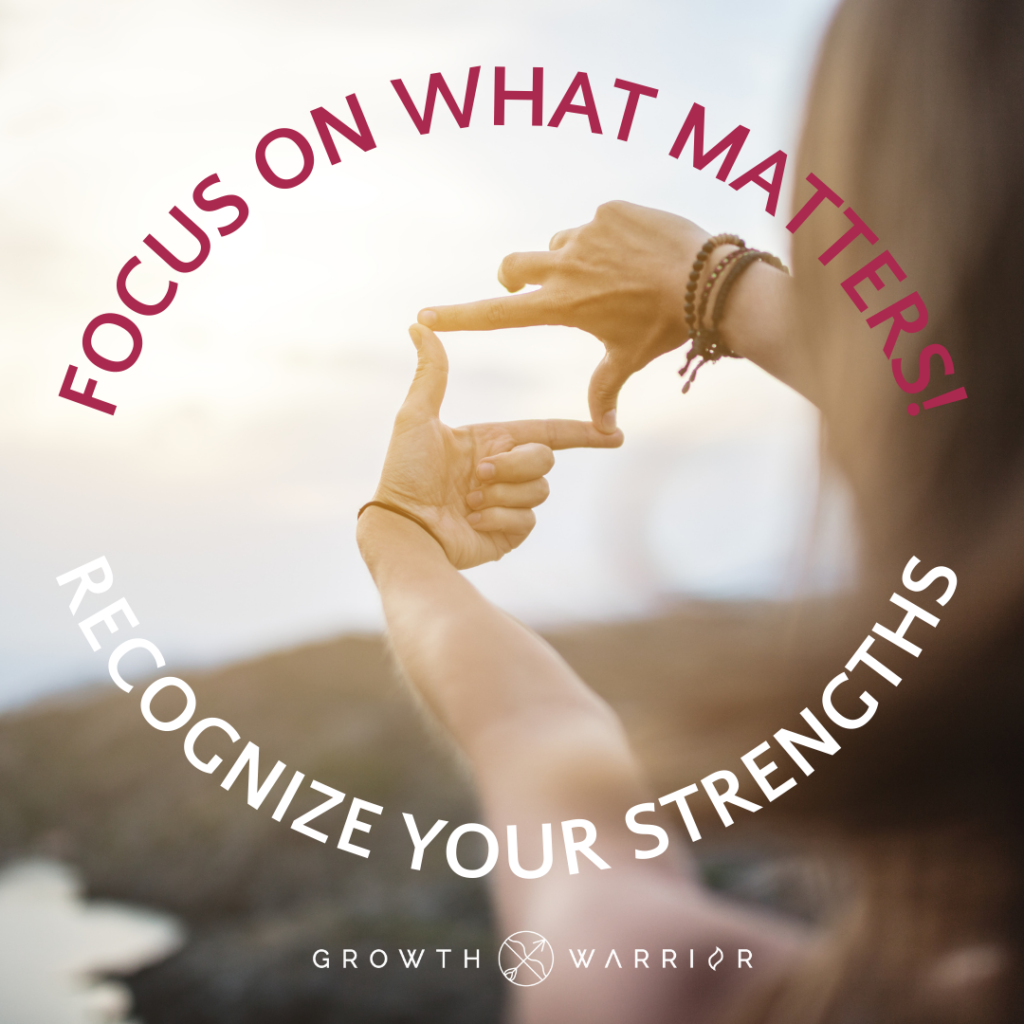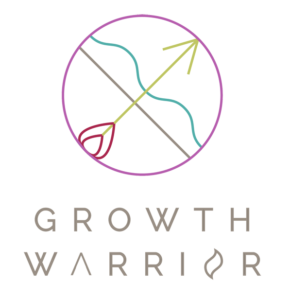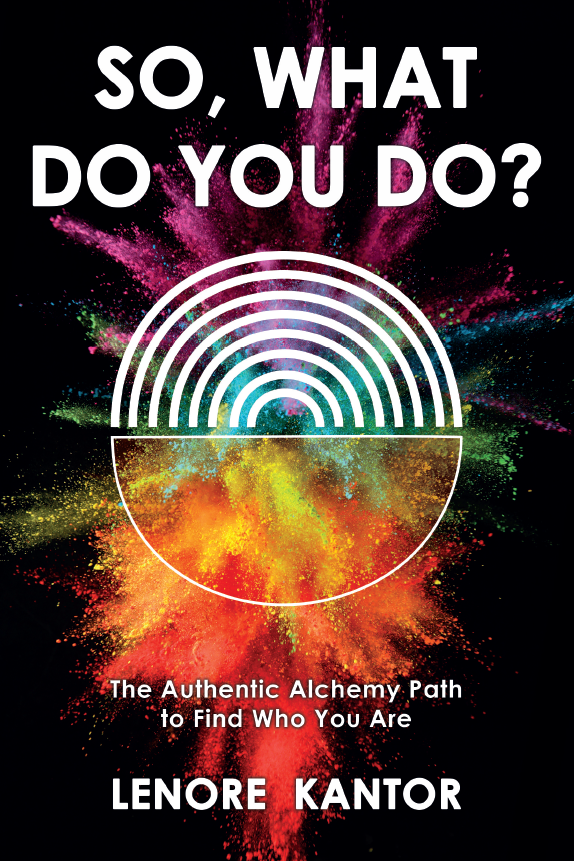Find it Difficult to Focus?
In my coaching and career advising work with students and private clients, I’ve noticed that it’s not uncommon for individuals to struggle with concentration. Some have been formally diagnosed with ADHD (Attention Deficit/Hyperactivity Disorder) and many have not. While it’s become increasingly common for younger folks to be monitored, diagnosed and receive support for ADHD, many older professionals may not be aware that they are struggling with something that can be addressed in different ways.
Noticing an increase in those who may need support around this, since I’m not an expert I thought I would share some ideas and bring in someone more familiar with these challenges to provide additional perspective. I am not in any way advocating for ADHD labelling, but rather for every individual to know themselves and decide what they need to show up as their best self. We are all unique and the better we understand how we prefer to operate, the easier we can make conscious choices about our work – from our actual job to the environments we operate in. We can choose to develop new habits and cultivate a leadership approach that suits our own style.
I’ve seen many clients have big “aha” moments when they realize they are in the wrong place – a work role, corporate culture or environment that doesn’t support them. Once they can see how existing structures are preventing them from thriving or holding them back from success, they can make different choices. In some cases, the changes may be as simple as wearing sound-cancelling headphones that enable greater concentration in noisy open cubicle settings or requesting a quiet workspace with dividers or more frequent work from home to minimize distraction.
Some employers understand that individuals have unique needs, but others are less flexible. This is where you are your own expert and will know whether you need to leave where you are or try to make it work to the best of your ability. You owe it to yourself to choose roles and spaces where you can excel and work in a way that supports your talents and gifts.
It can also be helpful to developing useful habits, like organizing your calendar to allow for uninterrupted work or making sure you leave yourself enough time to meet deadlines as a way to consciously manage your time. Other strategies like scheduling work breaks and using new technologies to capture notes or develop ideas are additional tools to employ.
I was delighted to connect with Rochelle Melander, an ADHD-trained professional certified coach who has helped hundreds of people write and publish books. She’s the author of twelve books including the including Level Up: Quests to Master Mindset, Overcome Procrastination and Increase Productivity. Rochelle helps writers create plans for their writing projects, overcome distraction and procrastination to start and finish writing, and navigate publishing and book marketing. A knowledgeable expert, Rochelle decided to pursue ADHD coach training after working as a coach for a local college where many students and her writing clients had many related traits. Below, she shares some helpful tips in response to my questions.
What challenges do folks with ADHD struggle with the most personally and professionally?
In working with more clients who have ADHD, each person’s experience is unique. Generally, people who have ADHD deal with issues around executive function—the part of the brain that helps plan and manage tasks and cope with one’s emotional life. Those with ADHD might struggle to track time, remember tasks, sustain focus, and start and finish projects. They might also get distracted easily or have trouble managing impulses.
Do most people know they have ADHD? Are there certain classic symptoms or characteristics to be aware of?
It can be confusing. Many people who are frustrated and overwhelmed by all of life’s distractions might think they have ADHD—but don’t, they’ve simply adopted habits that make it harder to focus—like media multitasking (watching media while working).
Others, especially women, see the characterization of ADHD as a young boy hopping around and making impulsive decisions and don’t relate. But when they hear about inattentive ADHD—the kind where you literally daydream through life—they suddenly feel seen.
Classic symptoms? Here are some that I’d watch for:
– Always losing track of things or events (can’t find my keys, can’t get to meetings on time)
– Difficulty effectively manage time or tasks
– Having trouble concentrating, especially on tasks other people assign
I’d encourage anyone who’s finding it hard to manage daily life or getting deep work done, it can help to talk to a coach and create a plan. Thanks to online media, especially social media, it really is harder to focus today.
How might people with ADHD benefit from coaching?
People with ADHD have many strengths and may not recognize it! A coach can help you examine and use your strengths in your daily life. They can also support you in finding tools that work specifically for you. As I mentioned earlier, each person has a different experience with ADHD. Some of my clients have found that scheduling tasks and setting reminder alarms helps them to get more done. Others find that irritating and have better luck with other systems, like habit stacking (connecting established habits to new ones). Hiring a coach can help people discover the interventions that will help them work at their full potential.
What other recommendations, resources or suggestions do you have for those who find it hard to concentrate, focus or make progress on important projects (like writing a book)?
I encourage my clients to get really clear about what they want to accomplish and why. I’ve always believed that we do better with projects we’re interested and invested in.
Next, eliminate distractions. The research is clear: humans are not capable of multitasking. What we’re really doing is rapidly toggling between tasks, and it means we work less efficiently. Turn off all of the stuff that beeps at you and settle in to work.
Finally, set a timer. Try to work in short bursts of 30-45 minutes, then take a break, and start again. If you can do 2-4 of these a day, you will make sure and steady progress towards finishing your book!
You can learn more about Rochelle through her website here.



